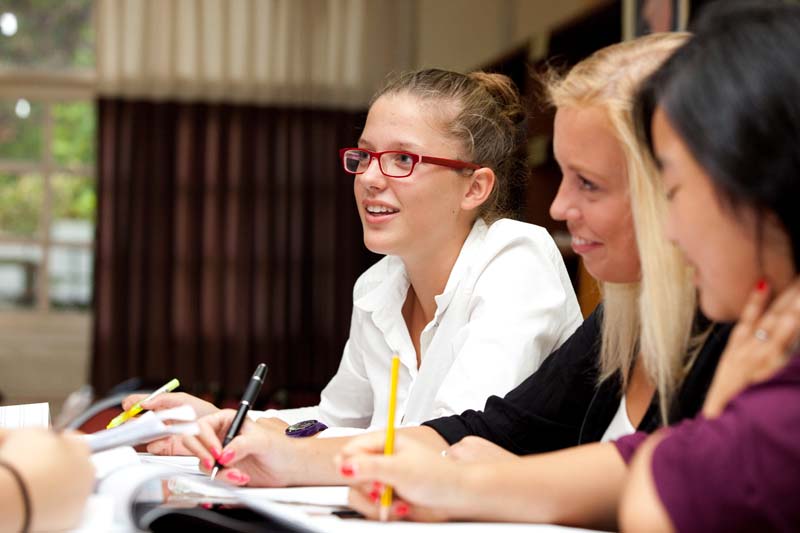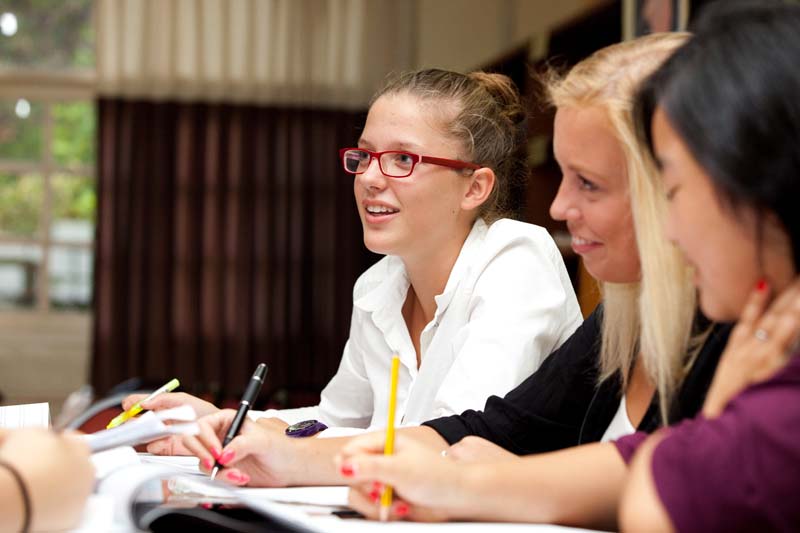Revising for examinations should not be a miserable experience for your child. Here are some quick tips on what you can do as a parent to help your child prepare for their examinations.

Revising for examinations should not be a miserable experience for your child. Here are some quick tips on what you can do as a parent to help your child prepare for their examinations.
Top tips to help your child revise for examinations Revising for examinations should not be a miserable experience for your child. Here are some quick tips on what you can do as a parent to help your child prepare for their examinations.

Revising for examinations should not be a miserable experience for your child. Here are some quick tips on what you can do as a parent to help your child prepare for their examinations.
Eat well: Your child will be hungry from all the brain activity needed during revision. Make sure that there are healthy snacks to eat. Try to avoid sugary foods that may cause uneven spikes in energy.
Listen: Your child needs someone to talk to or ask questions in order to reinforce their thoughts. This helps your child to clarify in their own minds what they just learned. It also helps you as a parent to see if they have learned something correctly and to guide them through their thought process.
Sleep is important: It will be tempting for your child to think that you will be able to learn more if you stay up later to do more revision. However, your brain gets tired from trying to learn it all. Encourage your child to get normal amounts of sleep. This will also help to reinforce their memory.
Exercise is important: In school, children usually have physical breaks in between classes. Whether it’s walking to the next class, having a short recess or lunch time, your child should do something physical such as going for a walk or getting some fresh air to get their circulation going.
Don’t punish or bribe: Bribes don’t work in the long run. We want to encourage students to learn for their own good rather than for a bar of chocolate, an iPad, or pocket money. Curiosity should be intrinsic in learning. You also don’t want to punish your child because learning, revision and tests should not be a miserable experience. Their motivation should not be that they are scared of punishment because this will build into fear over time. The key is to engage your child and find out what works for them.
Don’t forget to celebrate achievements: Not to punish or bribe does not mean that you should not celebrate your child’s achievements. Taking your family out for a nice meal or ice cream is a good way to spend family time together and give positive reinforcement.
Support them: Remind them that you just want them to try their best. Even though they might not say it, your child does not want to disappoint you. It helps if parents remind their children that they love them and that they’re proud of them. Ultimately, the most important thing is for your child to try their best.